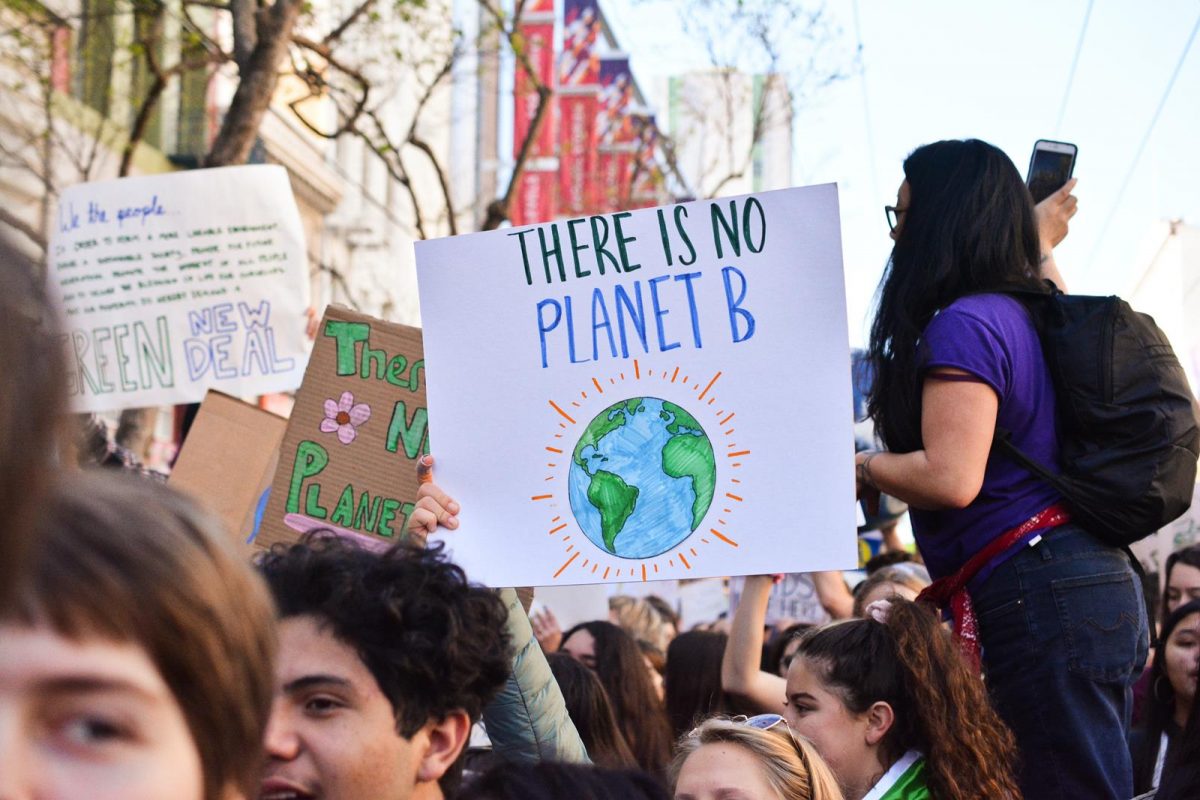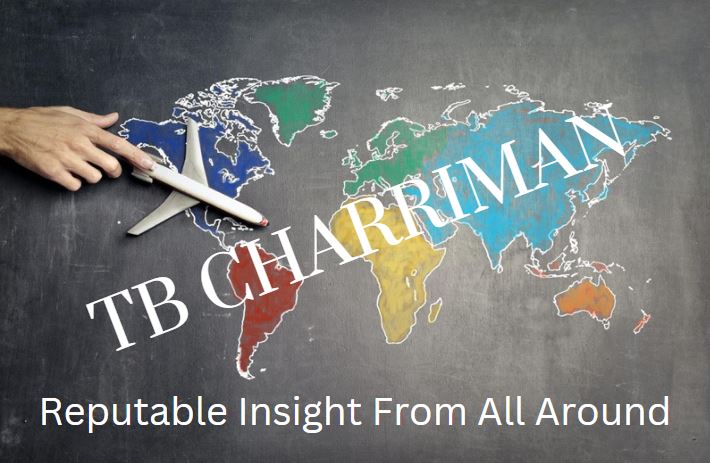Theoretical and Practical Implications of Modern State Systems

Politics is an interesting area of study which most people have no interest in. It’s just one more subject that gets in the way of doing what we actually enjoy doing, which is enjoying life. But politics has a unique place in the world. Without politics there would be no taxes or tariffs, nor would large-scale industries to be built. Without political systems, war could break out all over the world and humans might become extinct. So politics has a critical role to play in society.
Politics is the study of public policies and institutions, or the distribution of powers and status in various forms of authority relations between people, including the allocation of resources. The field of political science is known as social science because it studies political systems and policies. Political science is a field of study that emphasizes the study of politics as a process, with particular reference to the workings of the institutional polities that constitute political systems. Politics and government are closely related; political systems share many features and many general principles. One of these general principles is institutional politics; another is managerial theory of politics.
Contemporary political sociology assumes that learning objectives will depend upon the interests, knowledge and attitudes of the members of the learning community. Most social scientists assume that students’ interests and goals will therefore vary according to their social class and gender. Within each group there will be unique learning objectives and learning schemes. The broad classifications of classically liberal, left wing, center, working class and conservative political tendencies all contribute to different learning objectives and learning schemes.
Although some theorists argue that there is a clear distinction between the philosophy of politics and the practice of politics, there is little doubt that both have a substantial influence on contemporary political sociology. The discipline has received a considerable amount of international influence, especially in the period leading up to the Second World War. The growth of the state and the ability of large corporations to affect policy have led to an expansion of traditional left-wing or liberal perspectives. A movement towards realism was also facilitated by developments in postmodernism. However, social scientists have continued to challenge traditional left-wing approaches to politics and suggest that the nature of contemporary politics is highly ambiguous.
Politics is a complex area of inquiry, with its own set of theoretical and practical issues. Historically, politics was viewed as a contest between competing nation states, with each trying to gain superiority in economic, technological and cultural terms. Contemporary scholars argue that politics has changed, with much of the past evidence being influenced by the movement of industrialization across most developed countries. This new view of politics is a product of increased interaction among people within the same societies, as well as between various nations, and also a result of increasing pressures for economic globalization.
Politics and social policy have become interdependent and intertwined, with the growth of international trade and mobility leading to new forms of cross-cultural interaction. Politics has come to involve not only national governments but also transnational institutions, with an increasing focus on the global dimension of politics. As a result, there has been increasing demand for research that brings policy makers together from different sectors and from different cultures. This search for cross-cultural research has produced important developments in the field of political theory, with scholars exploring different dimensions of politics beyond the traditional left/right political axis. Some of these trends are described below.
No single answer can be given to the question of how politics has developed over time. Theories and different models of politics have emerged as key points of debate within the discipline. Exploring the different theories and models of politics allows one to explore possible causal relationships between political events and the development of societal institutions. Besides theory and models, political education also remains an important aspect of political understanding. A strong educational foundation is essential for a more progressive political system.
The three major theoretical frameworks presented in this article are theoretically-centred, institutional-based, and representational; all of them examining various dimensions of politics and identifying patterns in the emergence of modern state systems. Within the first two categories, the focus is on understanding the nature of political power relationships, whereas in the last one, politics as a process of generating and organizing social relationships has been broadly explained. The important areas of inquiry in this research include: how power relationships influence the emergence of modern state structures, how the expansion of political institutions altered the character of government, and what were the effects of state formation on the evolution of civil society. The present-day state system in India offers some interesting models of how power relationships may influence the emergence of nationhood, the division of property, and the functioning of a democratic form of government. These findings help us understand some crucial dimensions of modern political theory and provide a backdrop for future research.


Recent Comments